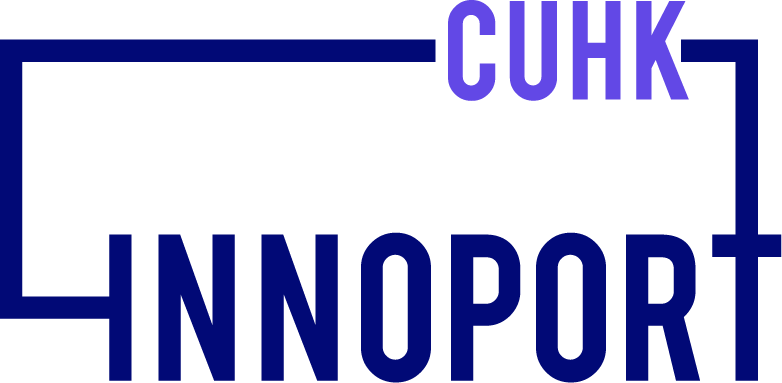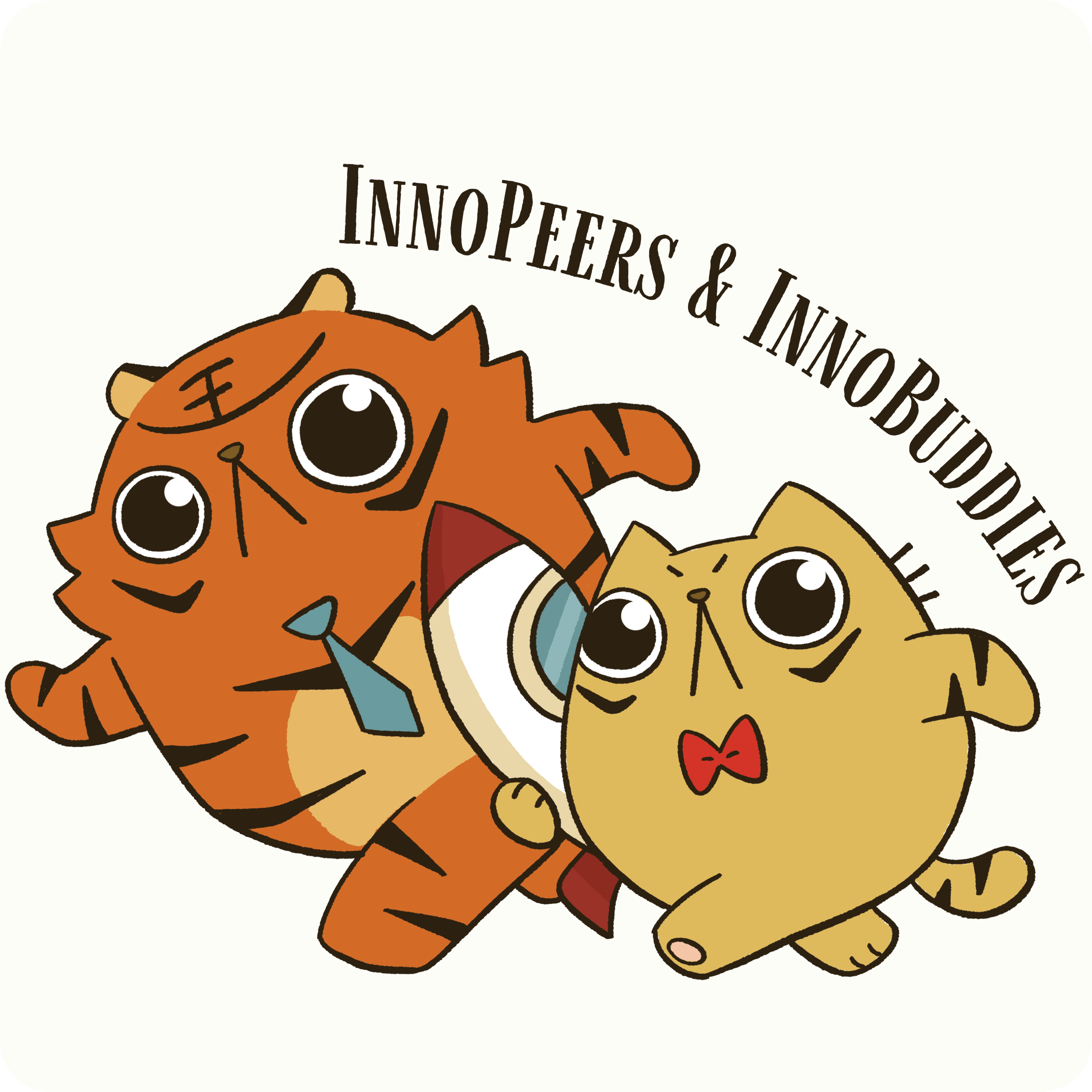“CUHK has so much to offer, especially when it comes to social innovation. Different departments made valuable contributions, but the outside world seldom hears about it.” Perkins Ho recalled how he put forward the idea of SoCUBE two years back, that the accumulated know-how from CUHK may propagate in the community, inspiring more businesses and industries to do good.
As early as 2007, CUHK’s Center for Entrepreneurship has pioneered the intercollegiate Hong Kong Social Enterprise Challenge (HKSEC). A cradle to local talents in social entrepreneurship, the competition raised notable social enterprises as WEDO GLOBAL, Kaifong Tour, Longevity Design House, lensational and many more.
As HKSEC groomed budding social innovators across universities, I·CARE Centre for Whole-person Development and its affiliate, Yunus Social Business Centre, plan relevant training and service programmes for CUHK students. Customarily buried in their research, more and more professors are dipping their toes in social innovation. This year marks the 10th anniversary of Knowledge Transfer Project Fund (KPF), which has since supported hundreds of community-based projects with which professors test-run their latest research results.
▼▼Since its inception 13 years ago, HKSEC has nurtured over 1,300 proposals and 7,700 participants.
Good wine needs no bush?
“CUHK is certainly strong in social innovation, why are people not aware of this though?” Perkins, currently Head of Entrepreneurship and Social Innovation under Office of Research and Knowledge Transfer Services (ORKTS), agreed that external promotion tended to be low on the University’s list of priorities. With SoCUBE’s soft launch in October 2019, he sought to push CUHK’s “treasures” to the forefront of people’s minds, on top of enhancing communication and interaction with the industry.
One of the platform’s top missions is to sell professors’ “good stuff” in plain language. Over 200 projects in applied research or social innovation have already been enabled through the KPF and S-KPF schemes. Nevertheless, the lack of proper record and incomplete information made it hard for aspiring scholars to take reference from.
It was SoCUBE’s first and foremost task to neatly showcase professors’ accomplishments. Its house publication Cubic Zine regularly publishes interviews on our scholar-innovators, shares international cases, news and event updates from the industry. With hope, the sowed seeds would spark off actions from the academia and public alike. As Pro-Vice-Chancellor Prof Fanny Cheung put it, “Awareness lays the foundations of actions.”

Paving the way from university to community
Apart from stories and info, anything else on offer? “We provide mentorship. We reach out to professors to learn in advance what they’re interested in doing. Our account managers keep tabs on successful applicants and line them up with collaborators. We help with their publicity, impact assessment, and find them other funding opportunities.”
While SoCUBE caters mainly to professors, it is Perkins’s biggest wish that their projects get picked up by, for instance, students. “We chanced upon a student team this year, and saw that their proposal was in tune with what Prof Fiona Ho (Department of Psychology) was doing. So we introduced them and they’ve already worked together for over half a year.” This is one form of sustainability he’s delighted to see.
Social innovation was an unfamiliar department to someone with a pure tech background. Having spent over three years in the social circle of social innovation, Perkins had himself some takeaways. “Not versed in humanities or social sciences, I did have my doubts. But the more I got to know, the more I see how the fruits of their research are making a difference in people’s lives, and I grew an appreciation. Simple it may appear, impactful nonetheless.”

Collaboration across disciplines
Acquainted with the start-up sphere, Perkins is all for “tech for good”, “too often people separate tech and social good, why not combine the two?” He called for scholars to foster collaborations through SoCUBE, targeting societal needs with the technologies they have developed.
In particular, he mentioned Prof Catherine So (Department of Educational Psychology), who uses robots to help autistic children improve their social skills. “I pretty much ‘watched over’ her project as it evolved – chatting with robots at first, then dramas, most recently she deployed massage therapy to alleviate their symptoms.”
In exchange for funding and a stable job, professors are often fixated on doing research and writing papers. “(Catherine) just got her tenure last year (2018), but she’s willingly invested so much time in this. Her ardent passion left a strong impression.” Perkins revealed that he’s assisting Catherine in setting up her social enterprise, in the hope of benefiting the wider autistic community.
Outcome over output
In fact, many of our faculty members are keen on “transferring” their knowledge to the community, despite often running into hurdles. “They do wanna be of service from the bottom of their hearts, but more concrete aims would help. Outcomes need greater emphasis.” He advised interested KPF or S-KPF applicants to give thought to their project targets and sustainability.
Social entrepreneurship requires more than a social sense; equally important is business astuteness. And often, scholars fall short of the latter. Catherine could be among the few daring ones to commercialise their research outputs. “Social innovation projects on SoCUBE are not to be compared with total solutions in the commercial realm. Research is often niche…professors focus mainly on the upstream part before commercialisation – between basic research and groundwork for its application.” (As Prof Johnson Wang mentioned in our last issue, he looked for organisations to assume their programme for sustained impact.)
CUHK embraces a humanistic culture; SoCUBE is only one piece within the University’s social innovation ecosystem. Perkins stressed, “We got a multitude of offices and colleges striving for the same cause. HKSEC (Hong Kong Social Enterprise Challenge) has been running for over a decade. I·CARE and its Yunus Centre play fundamental roles. Wouldn’t it be great to channel everyone’s efforts for synergy?”
InnoPort – CUHK’s hub for innovation – is opening its doors this year to professors, students and the industry alike. Perkins is eagerly looking forward to the new landmark, where he envisions all forces to be assembled for societal progress.
By Kary Wong@ORKTS
English translation by Cathy Wong@ORKTS




